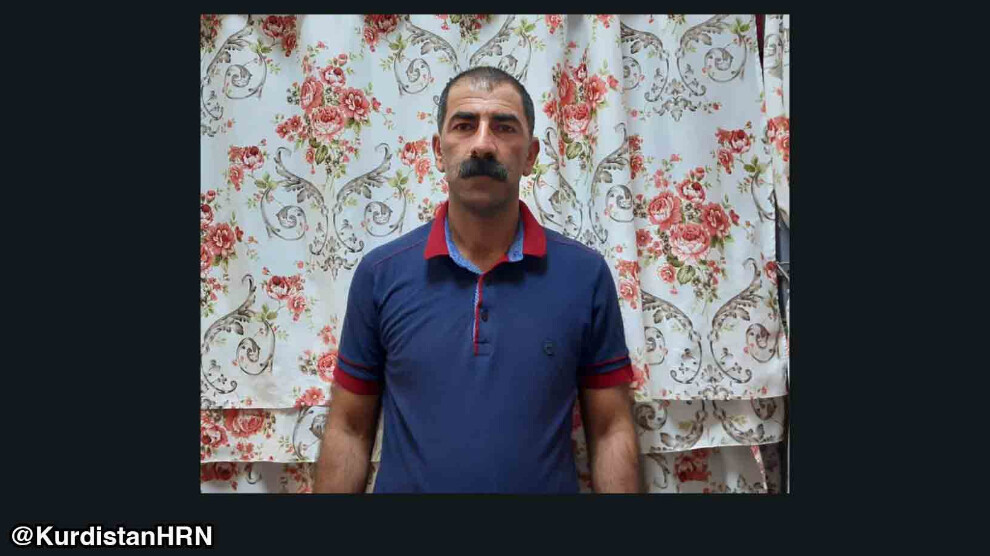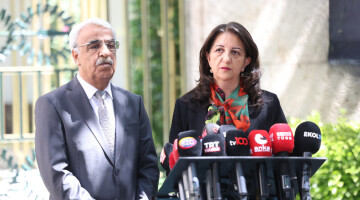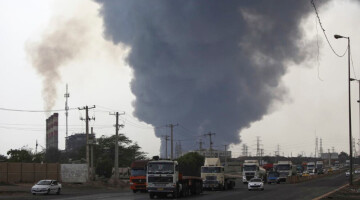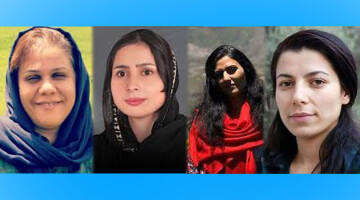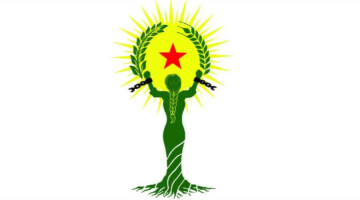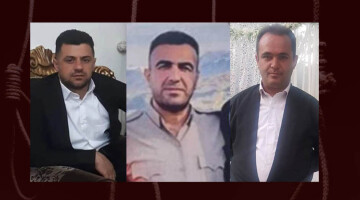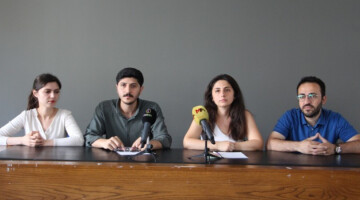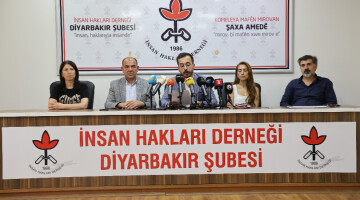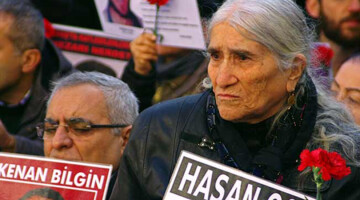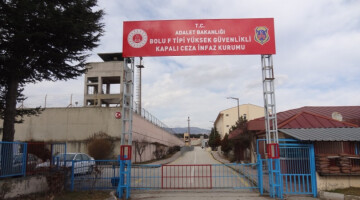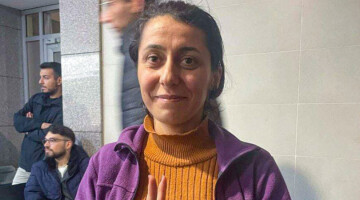Nayab Askari, a Kurdish political prisoner facing a death sentence, went on a hunger strike on 28 September in Urmia, West Azerbaijan Province, in protest at the Iranian security authorities’ continued pressure to issue a second death sentence against him, the Kurdistan Human Rights Network (KHRN) reported.
Following the announcement of his hunger strike, Askari was immediately moved to solitary confinement on the orders of the prison authorities, according to KHRN.
In June, on the orders of the Ministry of Intelligence in Urmia, Askari was transferred from the political prisoners’ ward to Dormitory 3, where prisoners in a state of uncertainty are held.
Askari had been sentenced to death by Branch Two of the Islamic Revolutionary Court in Urmia on charges of “enmity against God” (moharebeh) for his affiliation with the Kurdistan Free Life Party (PJAK).
On 27 September, Askari was also tried in the Urmia Criminal Court on charges of “involvement in the murder” of an Islamic Revolutionary Guard Corps (IRGC) commander.
Mostafa Soltani, an IRGC commander in Urmia, had been seriously injured in a confrontation with PJAK members in 2014 and died in March 2021 as a result of complications from COVID-19.
The deceased commander’s family, in collaboration with the IRGC Intelligence Organisation and the Ministry of Intelligence in Urmia, filed a complaint against Askari, alleging his involvement in the incident that led to Soltani’s injuries, which they claimed was the cause of his death six years later.
Background
Askari was arrested in Urmia on 24 March 2021 by the Intelligence Organisation of the Islamic Revolutionary Guard Corps (IRGC).
He was sent to Urmia Central Prison after spending three months in the detention facility of the IRGC’s intelligence organisation.
Prior to his arrest, Askari lived in the Kurdistan Region of Iraq for several years.
In 2018, during his stay in the Kurdistan Region, the Islamic Revolutionary Court of Urmia sentenced him to death in absentia on charges of “enmity against God” (Moharebeh) through “membership” in the Kurdistan Free Life Party (PJAK).
Following the political prisoner’s appeal against the ruling, the verdict was overturned, and the case was referred to Branch Two of the Islamic Revolutionary Court of Urmia.
In April 2023, Branch Two of the Islamic Revolutionary Court of Urmia sentenced Askari to death and payment of a fine of nine billion rials – nearly 18,000 USD – on charges of “enmity against God” (moharebeh) through “membership” of PJAK.
In August 2021, a court sentenced Askari and two other Kurdish political prisoners, Keyhan Mokarram and Nayeb Hajizadeh, to 50 lashes and three months in prison.
The sentence came after the head of Urmia Central Prison filed a complaint, accusing the prisoners of “disrupting the prison order” due to their involvement in a fight between several political prisoners and general crime prisoners.
The case was filed following a general prisoners’ beating of a Kurdish political prisoner.
On 26 July 2021, Askari went on a 32-day hunger strike to protest against the judicial authorities’ failure to issue an order for transferring him to a hospital outside the prison for treatment.

